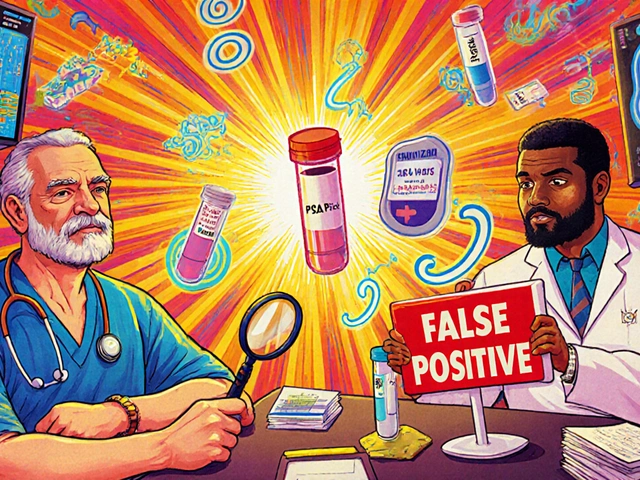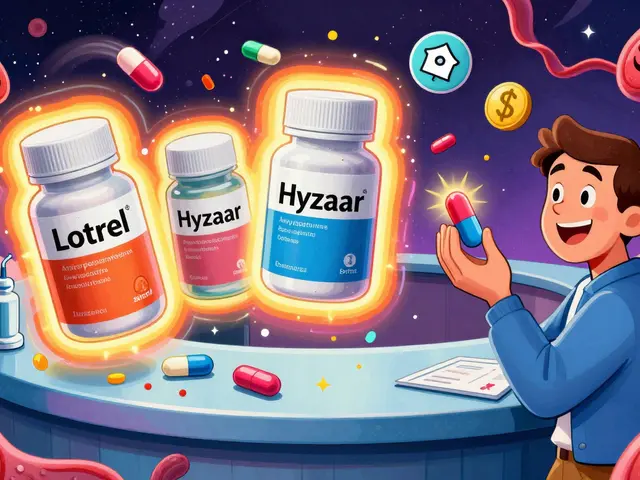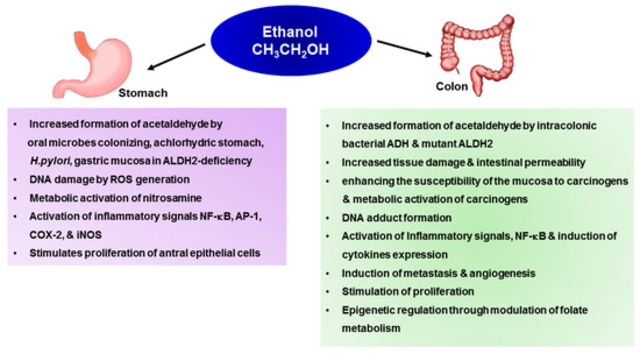Phenethylamine – What It Is and Why It Matters
If you’ve ever seen the term phenyl‑ethyl‑amine on a supplement label or heard it mentioned in a discussion about mood boosters, you’re probably wondering what it actually does. In short, phenethylamine (PEA) is a naturally occurring compound that acts like a tiny brain messenger. Your body makes it in small amounts, and some foods – especially chocolate – contain trace levels.
What makes PEA interesting is its ability to trigger the release of dopamine and norepinephrine, two chemicals that influence energy, focus, and mood. Because of this, people often explore PEA as a supplement for a quick lift or mental clarity. The effects are usually short‑lived, lasting anywhere from 15 minutes to an hour, which is why you’ll hear it described as a “fast‑acting” stimulant.
How Phenethylamine Works in the Body
When PEA enters your bloodstream, it crosses the blood‑brain barrier and binds to trace amine‑associated receptors (TAARs). This binding nudges neurons to release dopamine, giving you that brief feeling of excitement or alertness. At the same time, it can suppress appetite for a short period – another reason athletes sometimes experiment with it before workouts.
Your brain also has an enzyme called monoamine oxidase‑B (MAO‑B) that breaks down PEA quickly. That’s why the high you feel disappears fast; the body metabolizes it within minutes. Some supplement formulas pair PEA with MAO‑B inhibitors like hordenine or caffeine to prolong its action, but mixing these can raise heart rate and cause jitteriness.
Safety, Dosage & Legal Considerations
Because PEA is broken down so quickly, most over‑the‑counter doses range from 100 mg to 500 mg. Starting low – around 100 mg – lets you gauge how your system reacts. If you’re sensitive to stimulants, even that amount might feel strong.
Side effects are usually mild: rapid heartbeat, headache, or a brief drop in blood pressure after the buzz fades. People with hypertension, heart conditions, or anxiety should avoid high doses or any combination with other stimulants.
Legally, PEA sits in a gray area. In the United States it’s not scheduled as a controlled substance, so you can buy it online without a prescription. However, some countries classify it as a prescription‑only ingredient, and certain airlines restrict its transport. Always check local regulations before ordering.
If you decide to try PEA, choose reputable vendors that provide third‑party lab results. Look for clear labeling of the exact amount per capsule and any added ingredients like caffeine or herbal extracts. Avoid “stack” products that promise hours of stimulation without disclosing all active compounds.
Bottom line: phenethylamine can give you a short, natural lift if used responsibly. Keep your dose low, watch for any heart‑racing feelings, and stay within the legal limits of your region. With those precautions, PEA can be a useful addition to your focus or workout routine without the need for prescription drugs.
Achieve Your Health and Wellness Goals with Phenethylamine: The Ultimate Dietary Supplement
In my latest blog post, I delve into how Phenethylamine, a remarkable dietary supplement, can help you reach your health and wellness goals. This compound, naturally found in our bodies and certain foods, is known for boosting mood, focus, and energy. Moreover, it aids in weight loss by suppressing appetite and improving metabolism. Through consistent and appropriate use, Phenethylamine can be a game-changer for your health journey. So, if you're looking for that extra push towards a healthier you, Phenethylamine might just be your answer.






